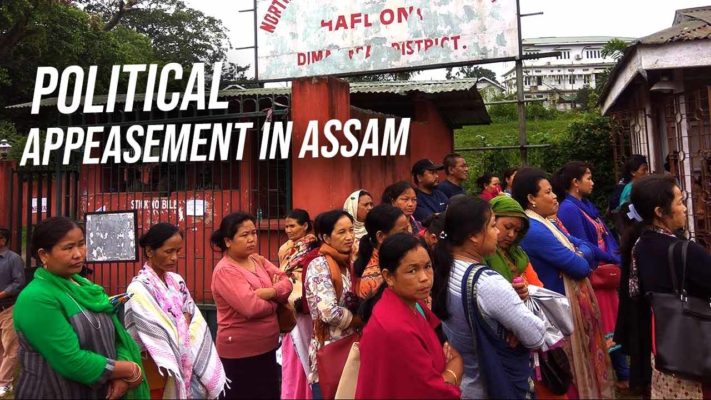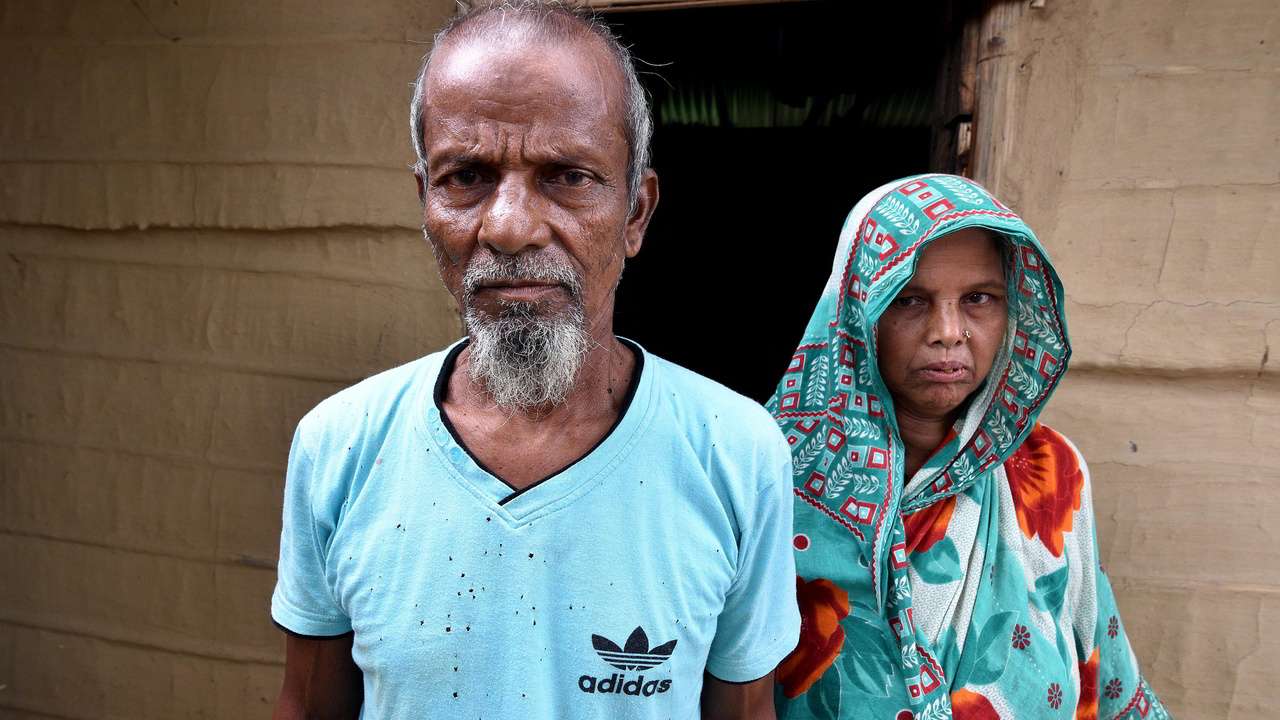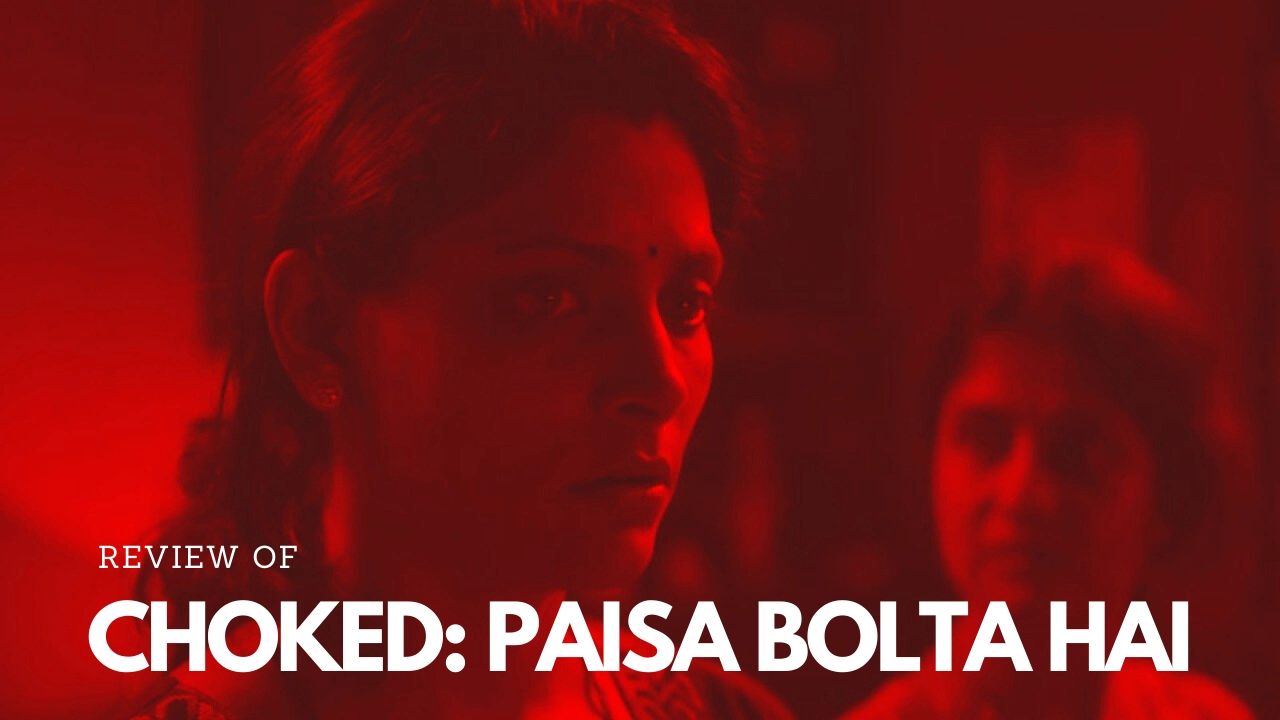
The Policy Of Segregation And Harassment
As around 40,07,707 names go missing from the final draft of the National Register of Citizens (NRC), in an overnight, lakhs of citizens became intruders in their own land. The list aims to mark a clear distinction between illegal Bangladeshi immigrants and people who fled from the land between 1966 and 1997, before 1971 the year which marked the liberation of Bangladesh. In 2013, the Supreme Court passed its orders to prepare a more updated list, since it was last released in 1951 with the objective of purging out illegal immigrants, who gain entry into Assam due to the lenient security system at the borders. According to government data, the influx maintained a steady growth culminating in a number of social evils. Historically during the Nehru regime, immigrants who were identified as “illegal” mounted up to a monstrous number of 5 lakhs. Ensuing riots claimed the lives of hundreds of Hindus who formed a minority in East Pakistan, and according to data, many of them were members of important government offices during the period.
The Repeated Attempts At Stratified Cleansing
The consequent Enemy Property Act (1968), a majority of Hindu population lost their land to BNP and JI. The ethnic cleansing, that preceded the creation of Bangladesh, targeted the Bengali speaking Hindu community who escaped to India to spare themselves of the atrocities inflicted by extremist groups. In states like Assam, along with other north-eastern regions, the question of illegal immigrants has been a penultimate question, omnipresent during the election, defiling Assamese culture and language and resulting in a number of anti-immigrant sentiments. According to an estimation, in Assam, the population reached 15 million with discontent arising between the number of conflicting cultural and religious tenets, yet Hindu and Muslim disparities dominated to create a hostile atmosphere. Gradually, yet consistently, “bangal” or ‘Bangladeshi” came to be associated with racial scorn, a sentiment of un-belongingness rather than an identity of their origin.
The recent NRC exclusion has not only aggravated the situation, that had already reached its nadir, but gave rise to the problem of data inaccuracy. Among the four lakhs, the narratives of many runs in sheer discordant with what the government claims to be authentic. Students who are pursuing higher studies in universities and are unfortunately riddled with the situation chronicle about the unquestionable authority of the Assamese students’ union parties. Racial slurs and violent confrontations are commonplace where immigrants, especially the Bengali speaking Muslims, are put at the anterior of the crisis; they feel more vulnerable because of their religious identity and the fact that there is BJP government who is at the centre. Many Human Rights Lawyer have treated the decision as an act of flinging aside the political history, an act which would eventually proliferate in the number of barbed wires marking battle lines.
The Liability Of Being An Outsider And Miyah Poetry
At this juncture, it becomes imperative to introduce the other most widely used racial slur, miyah, to denote the Bengali speaking immigrant in the Muslim community, that forms a major part in Assam. Miyah poetry is comparatively a recent upheaval. Abdul Kalam Azad is a widely popular name, he is the secretary of Jhai Foundation, who has been voicing his demands through the poetry. Resentment towards the Bengali speaking Muslim community in Assam does not solely arise from Hindus, but from also from those Muslims who have a definite nationality and heritage to boast about.
“I am a Miya/ My serial number in NRC is 200543/I have two children…”
The subaltern in Assam channelizes the feeling of being an outsider within the community they have known as their very own. The poems are translated into a number of languages, including Bengali and Assamese.
NRC Building Up Of Crisis At A Catastrophic Level
The NRC came as a clarion call for a hurried filtration. But, along with it, violence and brutalities came along, almost as a reminder to the community of The Assam Movement, which was prompted by the issue of illegal immigrants. During the 1970s, illegal immigration was encouraged by political groups like Communist Party of India and Congress, putting themselves at clear loggerheads with the All Assam Students Union. the immigrants became the worst victims of racial cleansing that had been going on in stages since 1947, an unfortunate generation stuck between internal agitation and external violence every now and then threatening to take away the square inch of land underneath their feet.
Bodoland Territorial Conflict had repeatedly failed to check the uprisings and infiltration, a violence which has seeped into language and culture, disturbing the very fabric of the community. Religion or caste-based purgation has always ended in violence and war, extremism and poverty that would hardly solve the present crisis of illegal immigration. The United Liberation Front of Assam is proclaimed as a terrorist group ever since it has launched its fight to protect the interests of Assamese community. As per reports, the group has over 5,000 insurgents, many of them are well-trained from Pakistan. Some of the insurgents also admitted to having crossed the Indo-China border. The recent NRC draft is a threat to the group, whose cumulative war is against the coercive forces of government which have resulted in years’ of economic and political injustice on the Assamese. They want a completely homogenous mixture of the Assamese community, including the indigenous people irrespective of their language and culture.
Is This Another Rohingya Crisis In The Making?

If the centre asks for a neat eviction of people settled in Assam post-1971, it could create another Rakhine state, whose disenfranchisement of Rohingya saw large-scale genocide, rape, death and starvation very recently. Myanmar, in an eerie similarity to what is happening under current circumstances, refused to grant any legitimacy to the community, denying them land and identity, establishing instantaneous military supervision, massacring 6,700 Rohingya, with 43,000 missing and presumed dead. As 671,000 Rohingya fled the state, they have suffered systematic violence triggered by human trafficking, endemic diseases, psychological alienation, life in unhygienic conditions perpetrating more violence. If you could analyze the current scenario, every form of imprecision has penetrated into the NRC process, adding more to an already distorted psyche of the community. Azmal Haque, who has served in the Indian Army for three decades, was dumbfounded the moment he realized his name, as well as his family’s, is not incorporated in the NRC draft. Like Haque, there are numerous others who are castrated as “D voter” or “doubtful voter”, and “illegal” and are anticipating police harassment, interrogation and finally detention camps.
21st Century Detention Camps In Assam
Detention centres set by the state government is again a horrid reminder of Nazi Germany and its absolute control over press machinery, a direct attack on civil liberty and democracy. While currently in Assam, some claim that the Muslims are singularly being targeted, many others believe the war is being deliberately sensitized. The segregation of Assam citizens from its non-citizens is believed to deliver a fairer election system, but underneath the facade of fairness and staunch nationalism runs parallelly the issue of a calculated extermination of people, many of who are fluent in Assamese. Goalpara detention camp in Assam is one of the six camps that has received media attention, and many inmates firmly claim that the entire process of identification of “foreigners” or “D voters” is faulty and hasty. The sheer rationale behind seeking valid documents from poor labourers, living on day-to-day wages, is deemed absurd. To make matters worst, detainees are not allowed to work inside the camps and have their claim on a minimum wage; they are expected to play the submissive role of victims as fancied by the perpetrator.














